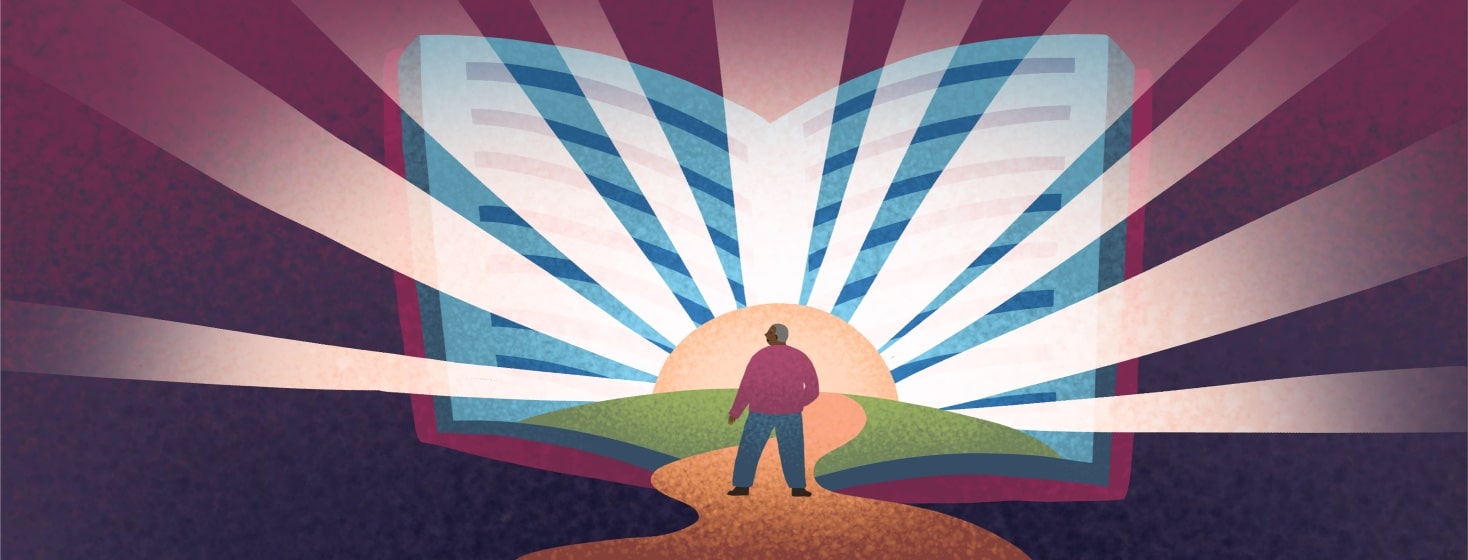Cherishing Memories: Memory Books for Alzheimer's Patients
I first learned about the positive benefits of using a memory book while pursuing my degree as an occupational therapist in college. I then used my skills to make and use memory books with both of my parents. They both had Alzheimer's diagnoses.
As a caregiver, it was important for me to preserve memories and to have a positive resource to use as their disease progressed.
Memory book
My parents' memory books were a place with photos, letters, and mementos representing different life milestones and interests. I made it slowly over time with them. Each of them had their own memory book. They played an active part in deciding what was represented in their books.
This activity empowered them to preserve their history with a disease they had no control over. I started the books in the early stage of their diseases. However, this activity can be implemented at various stages of the disease.
Tips on making a memory book
There are many resources and templates to help guide you, or you can purchase a memory book and fill it in as you see fit. I kept it cost-friendly and tailored it to each of my parents.
- Contain the memories: Use a binder with thick paged paper or a photo album that your loved one can hold.
- Keep it simple: I placed one enlarged photo, a card, and a letter per page. I wrote one short sentence about the picture. I kept the pages from being visually overstimulating for them, keeping in mind their potential needs as the disease progressed.
- Contents: Don't stress about this. Try to fit every aspect of their life into this book - do what seems natural.
- Always have a duplicate copy of the book available.
Memory books are a great tool to stimulate conversation about a favorite vacation spot, hobbies, or the most memorable life moment.
If your loved one cannot answer these questions, do your best to create the content of their books based on what you know about them. It’s always great to include pictures through the years of your loved one, a photo of them eating their favorite food, or an object with their favorite color. There are no set rules for this. Just be creative and have fun.
6 ways my parents benefited from their memory book
As my parents' Alzheimer's disease progressed, their memory books helped in the following ways:
- When they looked at the photos, their emotional connection helped them recall memories. This appeared to help them the most in the early and middle stages of their disease.
- Even in times when their communication abilities had decreased, I noticed a sense of pride and smiles when looking through their book. It was a way to communicate without words.
- If they were in an unfamiliar place, this book helped bring them a sense of comfort and familiarity.
- It, at times, before severe disease progression, was a great tool to help orient them to themselves and our family and loved ones. It was also a way to enter their world in a non-threatening manner. It led to verbal interaction that might not have happened without it.
- Their memory books were a great way to redirect them when experiencing a deep emotional response or behavior.
- It helped other healthcare workers and caregivers to have a way to interact with my loved ones. It helped outside caregivers understand my parents better. A glimpse into who they were like before the disease took over.
An opportunity to help
I hope this helps inspire you to create a memory book with or for your loved one. Alzheimer's disease is persistent. It was genuinely therapeutic for me to have the opportunity to do something that helped my parents.
All too often, I stood by, feeling helpless against this disease. However, this tool allowed me a chance to see something make a tangible difference in the quality of their lives.

Join the conversation